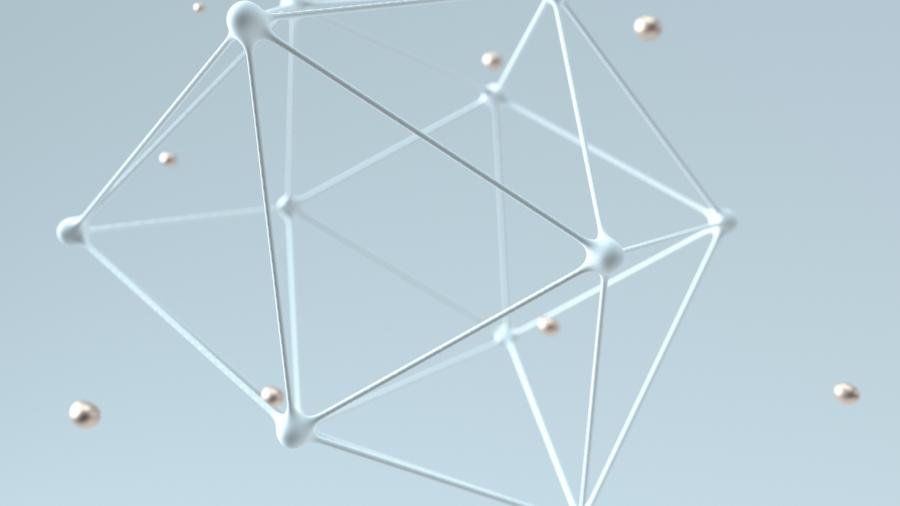
Overview
Join the Science Society for their exciting new Science Student Research Series.
Each event features three short talks given by current Wolfson PhD students, covering a wide range of topics targeted at a general audience.
The talks are only 20 minutes long (including question time) and offer students a chance to share the research with the Wolfson community and beyond.
Talks
The Mathematics of Turbulent Fluids
Daniel Boutros, Department of Applied Mathematics and Theoretical Physics
One of the hardest problems in physics is to adequately model fluid turbulence. This problem has both theoretical and practical aspects, and concerns many disciplines (physics, engineering, meteorology, biology etc.). In this talk I will focus on the mathematical challenges when trying to find a good model for turbulence.
In particular, I will discuss one of the Milennium problems, which concerns the existence and uniqueness of solutions to the Navier-Stokes equations (which are one of the main fluid models). I will describe the difficulties with finding suitable approximations of these equations for turbulence problems.
In addition, in order for the mathematical description to be consistent, physical laws of nature should be derived from the underlying mathematical equations. I will show one such example where this is possible, namely the zeroth law of turbulence (i.e. energy dissipation becomes constant in the low viscosity regime).
Enabling Next Generation Batteries Through Interphase Design
Kieran Mylrea, Department of Chemistry
Li metal-based batteries constitute a promising battery technology for improving energy density compared with conventional Li-ion batteries. One issue which must be solved is prevention of rapid degradation of battery capacity due to parasitic processes at the Li metal anode. One strategy to overcome this issues is the use of pre-applied coatings to act as artificial interphases on the Li metal anode. Existing types of artificial coatings include hard inorganic and flexible polymer coatings. Flexible polymer coatings appear advantageous as they offer a route to stable interphases which are electrolyte-blocking, Li-conducting and show sufficient mechanical elasticity to accommodate Li deposit growth, without the need for high-precision coating procedures such as CVD. In this work, synthesised flexible coatings have been applied to Cu in an ‘anode-free’ cell configuration, with stabilisation in cell efficiency and Li plating observed. We compare with/without the coatings by electrochemical and microscopy methods. An advantage of the current approach is the targeted synthesis of specific coatings (with the ability to vary functionality and chain length in a modular approach), allowing coating chemistry to be tailored towards the specific problems associated with Li metal batteries.
Designing a Human-Like Electronic Taste for Robotic Chef
Grzegorz Sochacki, Bio-Inspired Robotics Laboratory, Department of Engineering
Recent research on robotic cooking and electronic taste open the possibility of robots entering the vast business of cooking and catering. Electronic tongues are capable of feats like classifying wine age, finding pork contamination in mutton, and assessing fish freshness. Moreover, the electronic taste has been used as a feedback for a robotic chef, controlling saltiness and texture of scrambled eggs. Some approaches also use human taste to adjust robotic chef’s cooking. The main hindrance to the development of robotic taste is implementing artificial intelligence. Most capable models consist of large neural networks and require sizeable labeled datasets. Moreover, taste is highly subjective and personal and thus cannot be objectively labelled. Furthermore, the structure of this label is undefined - lack of exhaustive theory connecting measurable chemicals to notions of flavor and palatability.
This problem is not trivial to solve, but human chefs have the advantage of sharing in same preference spectrum as other humans, therefore making it easier to predict and accommodate these tastes. It may be the case that robotic chefs must thus be able to simulate client’s preferences - as humans do - to excel in this function. The first step towards that goal may be development of food preferences by the robot for themselves. The talk covers both robotic cooking with taste feedback and theoretical model of replicating the human taste.
Details
This is a hybrid event, which will take place in-person in the Gatsby Room (Chancellor's Centre) and also on Zoom.
If you would like to attend online, please register for the Zoom link.
For the in-person audience, drinks and snacks will be available after the talk.
The Science Society organises regular talks spanning a wide range of topics every Friday during term time.